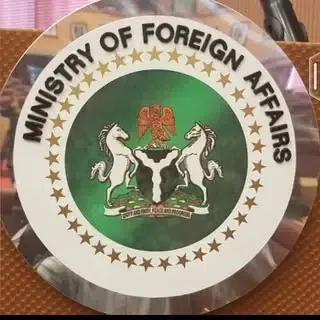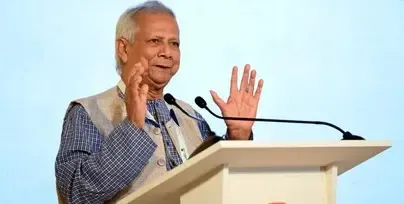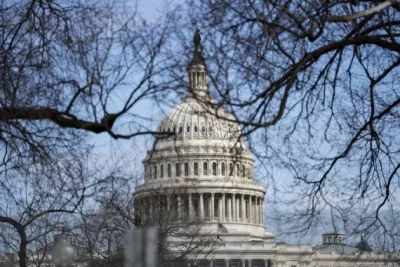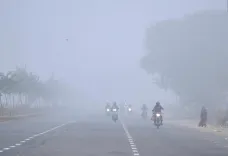Should Bangladesh Hold Elections Under Yunus?
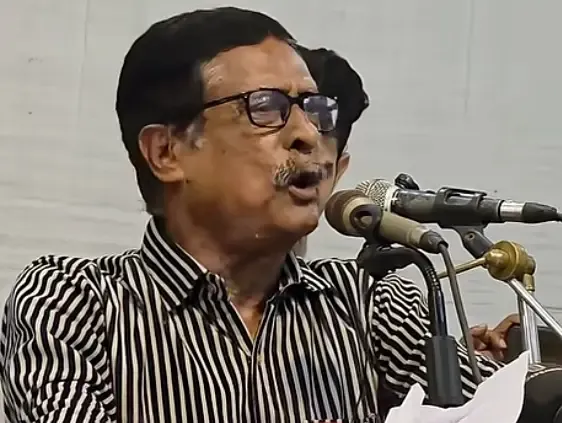
Synopsis
Key Takeaways
- Fazlur Rahman opposes elections under Yunus's government.
- Concerns about electoral integrity have been raised.
- Accusations against Jamaat-e-Islami highlight the turbulent political landscape.
- The BNP is facing internal and external pressures as elections approach.
- Democratic values are at stake in the upcoming national elections.
Dhaka, Sep 25 (NationPress) The suspended member of the Bangladesh National Party (BNP), Fazlur Rahman, expressed on Thursday his strong opposition to the possibility of elections occurring in the nation under the interim government led by Muhammad Yunus.
In a candid discussion with Bangladesh's prominent Bengali newspaper 'Jugantor', Rahman stated, "I am not convinced—90 percent of me doubts—that elections will take place in February. My party holds a different view, but I firmly believe there won’t be elections during that time. I am against any elections being conducted under the Yunus administration."
Rahman warned that if elections are held in February 2026, they will likely be manipulated, similar to how the student elections at the Dhaka University Central Students' Union (DUCSU) were managed. He alleged that the situation is rigged in favor of the radical Islamist party Jamaat-e-Islami. He claimed that returning officers are already aware of the predetermined outcomes.
"I do not desire any elections under Yunus. A caretaker government should oversee a fair electoral process for three months," Rahman asserted.
As Bangladesh approaches the elections, political tensions and uncertainties are escalating.
This week, BNP Standing Committee member Selima Rahman accused factions that were defeated in the 1971 Liberation War of attempting to disrupt the forthcoming national elections by staging protests in favor of a Proportional Representation (PR) system.
She criticized the radical Islamist parties, including Jamaat, for inciting unrest under the guise of advocating for the PR system.
Selima further condemned Jamaat, stating, "Jamaat—those who once committed atrocities against our people, betrayed our nation by aligning with Pakistan, acted as Razakars and Al-Badr, and perpetrated violence against women—may appear virtuous in their rhetoric today, but they haven’t shed their past ideologies."
The BNP leader also accused Jamaat of attempting to undermine the hard-won democratic gains of Bangladesh, achieved through a protracted struggle.
Parties that previously collaborated with Yunus to topple the democratically elected Awami League government, led by Sheikh Hasina, are now engaged in disputes over reform proposals.


